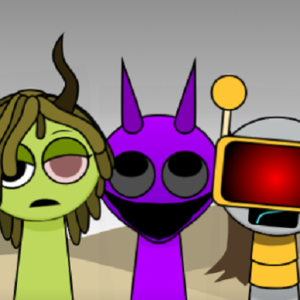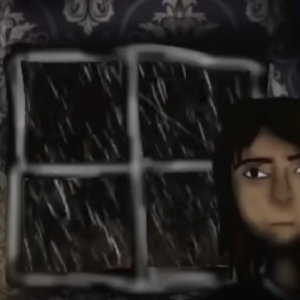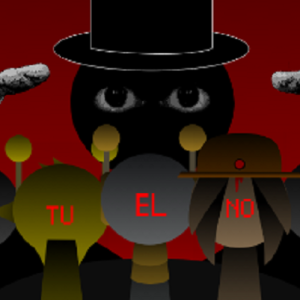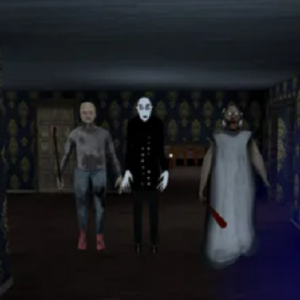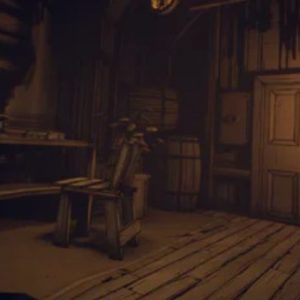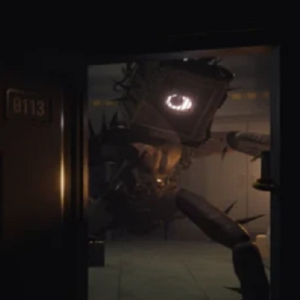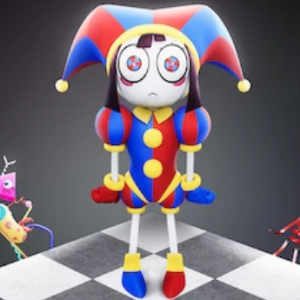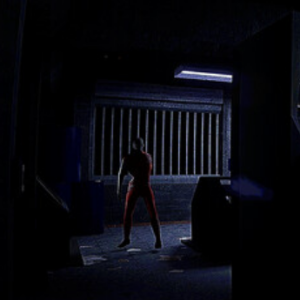Similiar games
Manivore is a narrative-driven horror game that traps the player in a deadly game of intellect and fear. What begins as a standard criminal investigation quickly unravels into a series of orchestrated horrors, each more calculated than the last. The murderer, known only by the moniker Manivore, crafts his killings with obsessive precision—leaving not chaos, but order. His crime scenes are arranged like puzzles, each piece placed to provoke, confuse, and ultimately manipulate. The player is not just an investigator; they are an intended audience.
Exploration Through a Lens
The game centers around the mechanic of using a camera to uncover truths hidden in plain sight. Crime scenes are filled with misleading details, red herrings, and layered visual information that require inspection from different angles and lighting conditions. The camera is more than a tool—it’s a second set of eyes. By snapping photos at the right moment or under specific conditions, players reveal fragments of the killer’s logic. It’s a slow unraveling, where evidence doesn’t just tell a story—it tells his story.
Important interactive systems include:
- A dynamic photo system to reveal hidden clues and patterns
- Evolving crime scenes that respond to player progress
- Audio signals that guide, distract, or foreshadow events
- Layered puzzles based on physical space and psychological themes
- A branching narrative that reflects investigative choices
Tension Without Escape
Manivore builds dread through stillness. There are no constant chases, but the fear of being watched lingers in every room. Each crime scene is silent yet alive, filled with subtle motion and environmental cues. Players must listen carefully—footsteps, breathing, distant scraping sounds—all hint that they’re not alone. The absence of traditional combat forces the player into a defensive mindset, relying instead on stealth, observation, and critical thinking. This creates a mental pressure that mirrors the killer’s ability to dominate through silence and suggestion.
Visual Storytelling and Emotional Weight
The design of the game leans heavily into handcrafted scenes filled with symbolic meaning. The killer treats every space as a stage, and the body is only part of the display. Objects are placed to trigger reactions, tell partial stories, or mirror aspects of the player’s own investigation. These details invite uncomfortable reflection, making the experience less about solving a crime and more about understanding the person behind it. Every choice in lighting, texture, and framing works to deepen the connection between the investigator and the one they’re chasing.
Manipulation as a Theme
As the investigation deepens, the player begins to sense that they were meant to follow this path all along. Clues are too well placed, scenes too personal. Manivore seems to know what the player will do before they act, raising the question of whether they are the hunter or the hunted. The game explores themes of control, psychological entrapment, and the fragility of identity under pressure. In Manivore, the crime is only the surface. The real horror lies in being pulled into a plan you never agreed to but can no longer escape.



